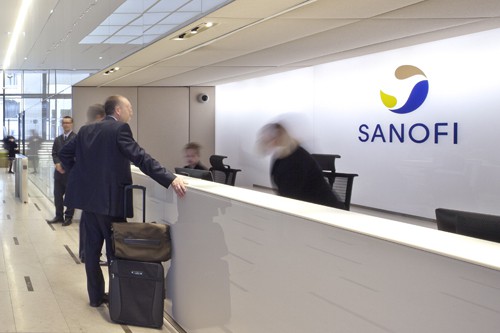
Sanofi and Korean firm Hanmi have agreed to collaborate to develop a portfolio of experimental, long-acting diabetes treatments.
Under the terms of the agreement, Hanmi will receive an upfront payment of $435m and is eligible to receive up to $3.8bn in additional payments if key milestones are met in the development, registration and sales of the drugs.
Sanofi will obtain an exclusive worldwide license to develop and commercialise three treatments: efpeglenatide, a late-stage long-acting glucagon-like peptide-1, a fixed-dose weekly GLP-1RA/insulin drug combination.
Collectively, these therapeutic offerings are known as the ‘Quantum Project’ utilising Hanmi’s proprietary Long Acting Protein / Peptide Discovery Platform called Lapscovery which prolongs the duration of action of biologics and extends a protein’s half-life from weekly to monthly.
The companies state that the objective is to reduce the frequency and dosage of treatments for patients, which could potentially lower adverse events and optimise efficacy.
Pascale Witz, executive VP at Sanofi, said: “The agreement to develop these three investigational diabetes medicines confirms Sanofi’s long-term commitment to people with this disease.
“We now have the opportunity to expand our existing portfolio by including medicines that are administered weekly as well as daily, which could extend our reach in basal insulin and expand our GLP-1-RA and GLP-RA/insulin combination prospects. In these ways, we aim to complement our current offering and work to serve a broader patient population.”
Hanmi will retain exclusive rights to co-commercialise these treatments in Korea and China as well as double-digit royalties on net sales, while Sanofi will obtain an exclusive worldwide license to develop and commercialise the three medications of the ‘Quantum Project’.
Sanofi this week also forged a $1.5bn deal with German biotech firm BioNTech to develop up to five cancer therapies.




